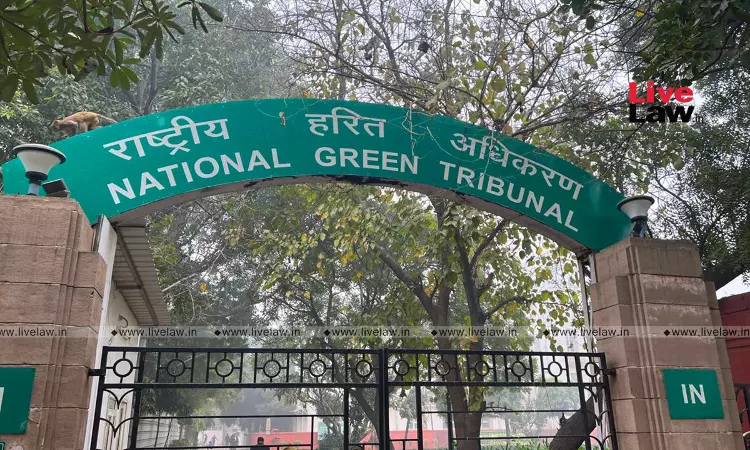The principal bench of the National Green Tribunal (NGT) has imposed an interim compensation of Rs. 100 crore on Rajasthan for damaging the environment, including pollution of the Dravyavati river caused by textile printing industries in the Jaipur district.The bench of Justice Adarsh Kumar Goel (Chairperson), Justice Sudhir Agarwal, Dr. A Senthil Vel and Dr. Afroz Ahmad (Expert Members) ...

